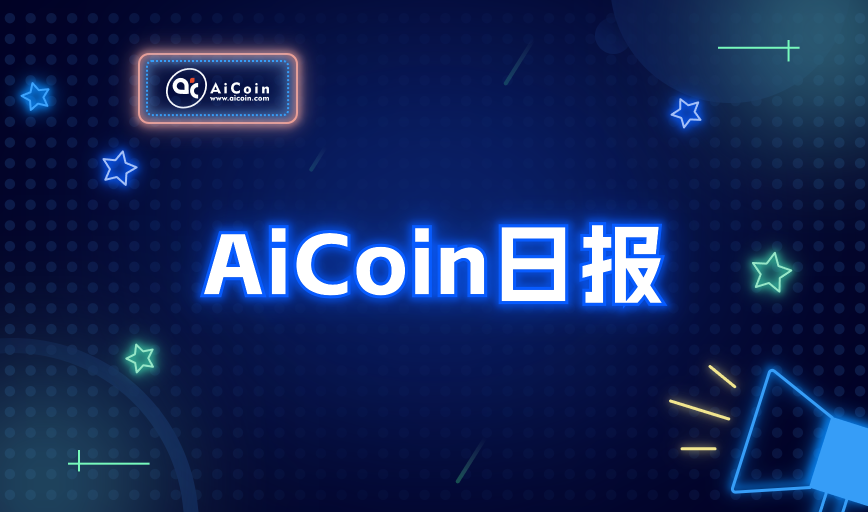来源: Cointelegraph
原文: 《 机器人正在摧毁社交媒体,但去中心化或成救赎之道 》
观点来自:Leroy Hofer,Teneo Protocol的联合创始人兼首席执行官
正如古老的智慧所言,没人知道你在互联网上是只狗。往往也没人知道你是否是一个机器人,以至于“死互联网”理论有时让人感觉令人不安地真实。
根据2024年《Imperva坏机器人报告》,2024年机器人的流量份额达到了最高点,比去年增长了2%。机器人疫情正在肆虐网络。人们开始注意到这一点——比如Chanpeng Zhao,最近他呼吁Elon Musk在X平台上封禁机器人。他并不是Web3社区中唯一提出这一呼声的人,而且这是完全正确的。
从人为地提高互动指标到策划骗局,机器人正在迅速淹没真实的人类互动——而这一切发生在我们的生活越来越多地转移到线上世界的时候。
虽然平台所有者继续推出AI驱动的审查和付费墙来遏制机器人活动,但这些解决方案未能解决根本问题。审查工具也常常操作透明度极低——错误地标记合法内容,用户却不知道原因。
用户还经常不得不提供个人数据来证明自己不是机器人,这引发了隐私问题并造成了参与的障碍。更多问题正在被制造出来,去中心化的方法是唯一可行的前进道路。
如果放任不管,机器人的兴起将带来远远超出社交媒体的后果。那些投入大量资金进行数字营销的公司将看到他们的预算被浪费在虚假的互动上。甚至可以想象一种肮脏的手段,竞争对手利用机器人浪费对方的钱,通过给他们提供虚假的展示——这已经在数字广告领域发生过。
人们——并且将会变得——越来越怀疑在线互动,这使得真正的创作者和企业更难赢得信任。用户体验也会受到影响。随着自动化的噪音淹没了有意义的讨论,用户可能最终会永远放弃社交媒体。我们需要解决机器人问题,出于所有这些及其他原因——一次性彻底解决。
集中式解决方案的局限性
社交媒体巨头已经使用集中式的审查策略来应对机器人问题已有一段时间。AI驱动的检测系统是第一道防线。它们远非完美。机器人越来越智能,常常通过模仿人类行为和绕过防护措施悄悄溜过。除此之外,错误的“正面标记”可能导致对真实用户的不公平限制。哦,那把强大的封禁大锤,是来自一个更文明时代的武器。
另一个常见的策略是实施付费墙,比如X的验证费用,要求用户支付认证费用。这种方法提高了机器人操控者的财务门槛,但也创造了一个二级系统,劣势是无法或不愿支付的用户。付费墙对资金充足的机器人农场作用不大,这些农场可以轻松忽视这些成本。尽管这些措施出于好意,但它们往往在平衡安全与用户可访问性方面失误。
去中心化的解决方案
去中心化的模式将控制权交还给用户,并提供一种替代方案,避免由集中实体来决定什么是真实的,什么不是。通过基于区块链的去中心化身份(DID)和声誉系统,平台可以验证真实用户而不侵犯他们的隐私。去中心化的解决方案减少了模糊审查政策的需要,并使人们能够在不同平台上控制自己的数字声誉。
DID解决方案使用户通过加密证明验证自己的真实性,从而避免了繁琐的“了解你的客户”过程。基于声誉的系统可以通过奖励认证用户更多的社会信誉,来帮助增强抵抗机器人的能力,同时减少可疑账户的影响。真正的优势在于,这些系统是透明操作的,防止了集中式当局强加可能优先考虑公司利益而非用户权利的规则。
在不破坏社交媒体的情况下解决机器人的问题
机器人问题不仅仅是一个麻烦——它是对社交媒体完整性的根本威胁。挑战在于找到一个解决方案,能够消除机器人而不消除言论自由和用户控制。集中式解决方案失败了。更糟的是,集中式系统在假借安全之名时,还引入了新的问题。一个去中心化、数据驱动的方法使人们能够按照自己的条件进行认证,从而使机器人驱动的操纵变得更加困难。
我们迫切需要超越现有系统,推动去中心化的解决方案,保护用户并让真实性重新回到社交媒体。如果社交媒体要成为真正的人类互动空间,它必须在机器人把它弄得没用之前实现去中心化。
观点来自:Leroy Hofer,Teneo Protocol的联合创始人兼首席执行官
相关推荐:比特币(BTC)将现"轧空暴涨"还是下探87,000美元?市场预测现严重分歧
本文仅供一般信息参考,不应视为法律或投资建议。此处表达的观点、想法和看法仅代表作者个人观点,并不一定反映或代表Cointelegraph的观点和看法。
免责声明:本文章仅代表作者个人观点,不代表本平台的立场和观点。本文章仅供信息分享,不构成对任何人的任何投资建议。用户与作者之间的任何争议,与本平台无关。如网页中刊载的文章或图片涉及侵权,请提供相关的权利证明和身份证明发送邮件到support@aicoin.com,本平台相关工作人员将会进行核查。




